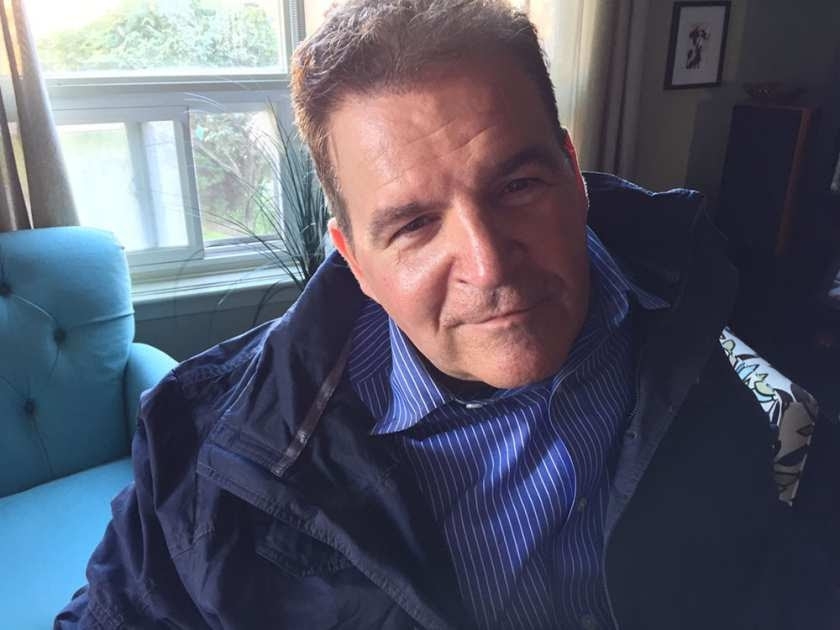By Peter McGrath.
On Feb. 6, 2015, the Supreme Court of Canada struck down Canada’s assisted suicide law, opening the door to physician-assisted suicide. This is an incredibly complex topic, one fraught with moral and ethical issues. Peter McGrath, a Counsel in the Department of Justice, gives his opinion from the perspective of a Canadian with a disability:
There are valid points to both sides of the debate on Canada’s euthanasia legislation. Steven Fletcher — a Member of Parliament from Winnipeg with a disability — is the most visible proponent of physician-assisted suicide in Canada. Some would argue his position has merit. Many people with disabilities live in fear of not being able to control the end of their lives. Poorly funded palliative care combined with the possible inability to make one’s wishes clear has led to many people living painful lives.
The occasional media horror story has magnified those fears tenfold. But isn’t the answer to fix the system, rather to provide people with a lethal end? Isn’t the answer to think beyond causing death and provide all of us — including people with disabilities — with dignified lives?
People with disabilities live far from inclusive lives in Canadian society. With low levels of education and employment, inadequate housing and transportation services, and even a medical system that is not designed to handle our needs, people with disabilities have a long way to go to be considered equal members of our society.
The new euthanasia legislation is intended to provide some level of control over ending our lives, yet it’s sad that we’ve achieved equality in death before we’ve achieved equality in life. In Canada, like much of the world, people with disabilities do not have sufficient access to education, transportation, housing, medical care, employment, or recreation and leisure activities.
First and foremost, what Canadians with disabilities seek is an end to inequality and an end to the lack of access to the basic quality of life enjoyed by average Canadians.
The positioning of people with disabilities in euthanasia legislation is somewhat off-putting. It is as if to say we define people with disabilities as suffering, and now they can have the option to end their life. People with disabilities are as much or more interested in their rights to life, because being disabled means living with a disability; it doesn’t necessarily mean dying with a disease.
All too frequently, people with disabilities can recount a time when a well-intended medical professional said to their parents that the disabled life of this baby or injured child would be one of suffering and perhaps not worth living. In effect, we have provided those children with disabilities the means to die before they have the means to live.
Physically and/or developmentally disabled Canadians with disabilities remain a marginalized segment of Canadian society. Our interests lie far more in rights to leading productive lives of equality, rather than achievement in ending of life options.
For more information on this topic visit www.epcc.ca.

